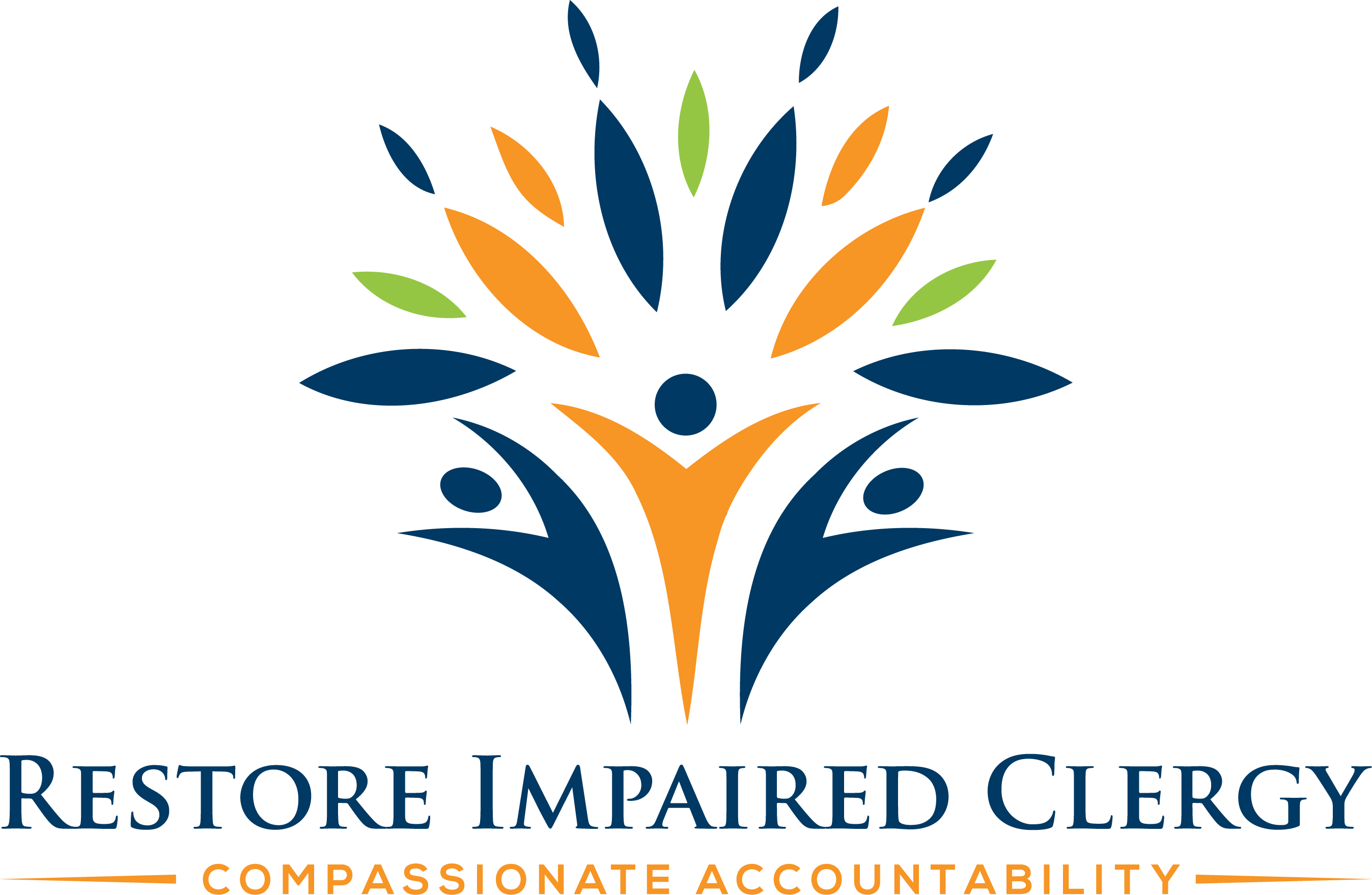
Recovery Can Happen – Compassionate Accountability
I belong to a recovery group for clergy working with many kinds of behavioral health disorders. It is unique because recovery offers unique challenges to clergy. Every meeting includes the statement, “We offer a fellowship to support clergy because it is a profession which does not easily allow for brokenness.”
Part of the problem is clergy-folk’s false pride, and part is the unrealistic expectation of others on them. After all, God should prevent us from having such human problems – shouldn’t God? The false pride and high expectations give rise to secrecy around clergy brokenness. That secrecy makes finding recovery even more difficult.
The Center for the Restoration of Behaviorally Impaired Clergy (CRIC) has adopted the theme of compassionate accountability. Many will recognize the connection between this theme and the basic biblical teachings of Law and Gospel, Sin and Grace, Bondage and Liberation.
Building Policy for Restoration
In cooperation with the Nebraska Synod of the ELCA, we have prepared a misconduct policy that offers judicatory staff the option of giving the individual who is impaired a path to maintain their ministry or be restored to ministry. This path means getting help for their behavioral health disorder and being accountable for making the changes that therapy requires. Thus, the official can be compassionate while holding individuals accountable for their actions. This is the genesis of our mission – to guide policy and practice from a place of Compassionate Accountability.
Getting Guidance & Taking the Lead
For over 40 years other professions have used Impaired Practitioner Programs to restore people to their vocation.
These programs may include weeks of intensive therapy, months of counseling and structured groups, followed by 2 to 5 years of monitoring and support groups.
The profession or employer holds the individual accountable for following the recommendations of the therapy. They don’t have knowledge of diagnosis or therapy conversations. Data indicates up to 90% success with nurses and 78% with physicians.
One church member who was faced with a pastor who needed recovery asked, “Shouldn’t the church have been leaders in this?”
While others have already developed successful models, we certainly lead The Church to be who we are called to be, people of compassionate accountability!
Just Say “No Thanks”
Compassionate Accountability is the newsletter of The Center for the Restoration of Impaired Clergy. You receive it since you indicated an interest in the Center’s work. To stop it, just say “No Thanks.” The newsletter is assembled by Otto Schultz so address your complaints and questions to [email protected].

